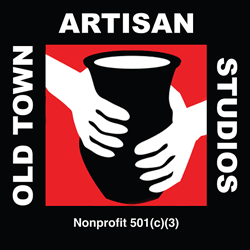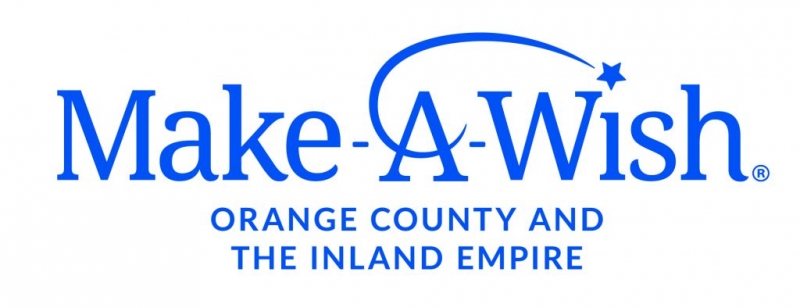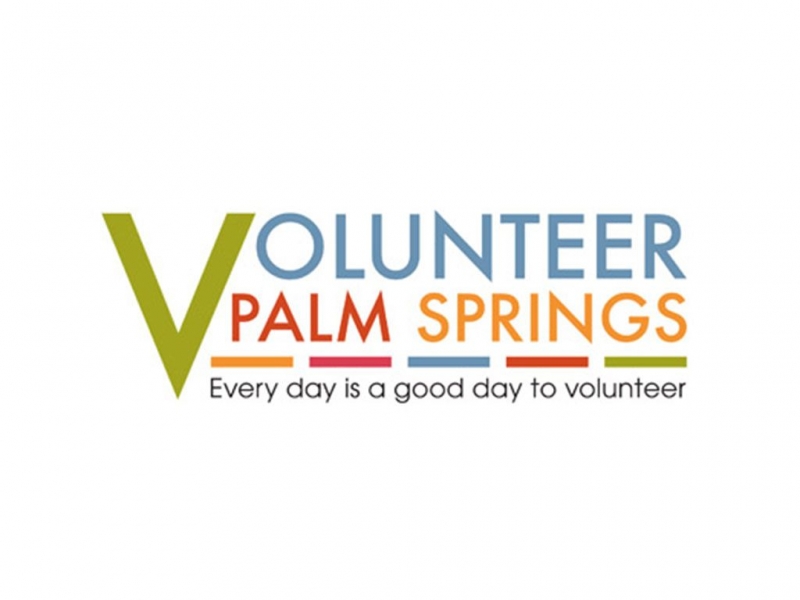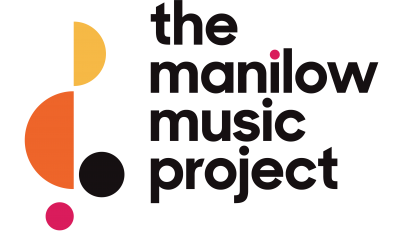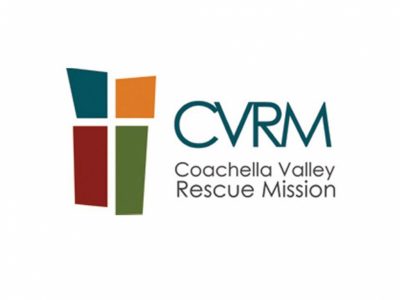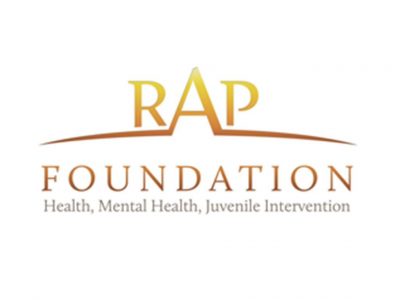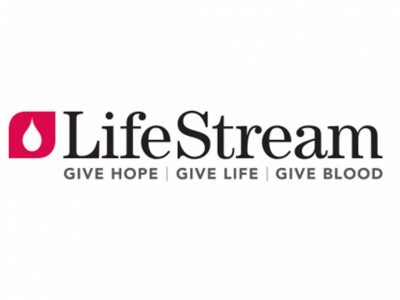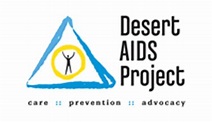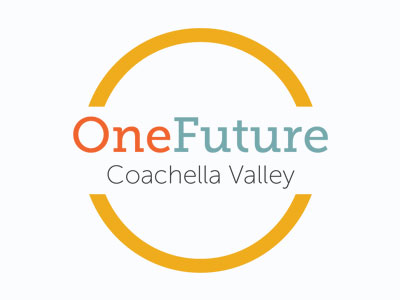Three weeks after Hurricane Ian devastated large areas of Florida, hundreds of people remain in shelters and thousands more are depending on the American Red Cross and other organizations for food, water and other support.
Early estimates indicate that tens of thousands of homes were affected by Ian. Relief organizations, including the Red Cross, are striving to help people who don’t have homes to return to.
Red Cross workers are connecting with people still in shelters to help them plan for the future and make housing arrangements. We’ve already connected with hundreds of families. These arrangements will look different for each person. For example, some people may choose to live with friends or family while they rebuild. Others will move into new apartments. And some will be helped through transitional sheltering or other housing programs offered by government agencies and community organizations. Depending on individual circumstances, this may include financial assistance from the Red Cross.
Red Cross teams are also conducting nearly 200,000 door-to-door detailed residential assessments, including how many homes have been affected and the extent of that damage. This is one of the largest damage assessments the Red Cross has ever undertaken, and the critical information gleaned from this project will be used to make plans for what support — including financial assistance — families may need in the coming weeks and months. It will also be shared with other nonprofits and government agencies involved in Hurricane Ian recovery efforts.
Ian is a major disaster that is bigger than any one group can manage on its own. The Red Cross will be part of the solution — but not the only solution — to help families recover.
RED CROSS RESPONSE More than 2,400 Red Crossers have supported these relief efforts. With our partners, we have provided almost 1.4 million meals and snacks, and more than 352,700 relief items like cleaning supplies and comfort kits. Thursday night, more than 830 people stayed in 9 Red Cross and partner shelters.
Red Cross caseworkers are available at most shelters to help people plan their next steps. These volunteers are also trying to connect with people via telephone. Those needing assistance should make sure their phones are set to accept unknown calls.
With the help of partners Southern Baptist Disaster Relief and others, mobile kitchens are cooking tens of thousands of hot meals each day. More than 120 Red Cross emergency response vehicles are on the roads delivering these hot meals and relief supplies to people struggling in the hardest hit areas. Red Cross aid stations are also open where people can get food, relief supplies and other assistance.
Trained volunteers are providing health, mental health and spiritual support to families who have suffered unimaginable loss. This includes help coping with new challenges, managing medical conditions, caring for wounds or injuries, and replacing prescription medications or other critical medical equipment like canes and wheelchairs.
A disaster of this magnitude requires a team effort. The Red Cross is working closely with local officials, government agencies and other nonprofits to coordinate relief efforts and make recovery plans.
Some of the partners the Red Cross is working with include the NAACP, which is supporting feeding operations, and Save the Children, which is providing support for children in emergency shelters.
HOW TO GET HELP If you need a safe place to stay or a hot meal, find open shelters on redcross.org, the free Red Cross Emergency app or by calling 1-800-RED CROSS (800-733-2767) and selecting the disaster option. You can also find shelters by following your local county and city officials on social media or monitoring local news.
YOU CAN HELP people affected by Hurricane Ian by visiting redcross.org, calling 1-800-RED CROSS, or texting the word IAN to 90999 to make a $10 donation. Your gift is a commitment to helping people in need, and every single donation matters. Financial donations enable the Red Cross to prepare for, respond to and help people recover from this disaster.
CORPORATIONS AND ORGANIZATIONS HELP The generous donations from members of the Red Cross Annual Disaster Giving Program (ADGP) and the Disaster Responder Program enable the American Red Cross to prepare communities for disasters big and small, respond whenever and wherever disasters occur and help families during the recovery process.


